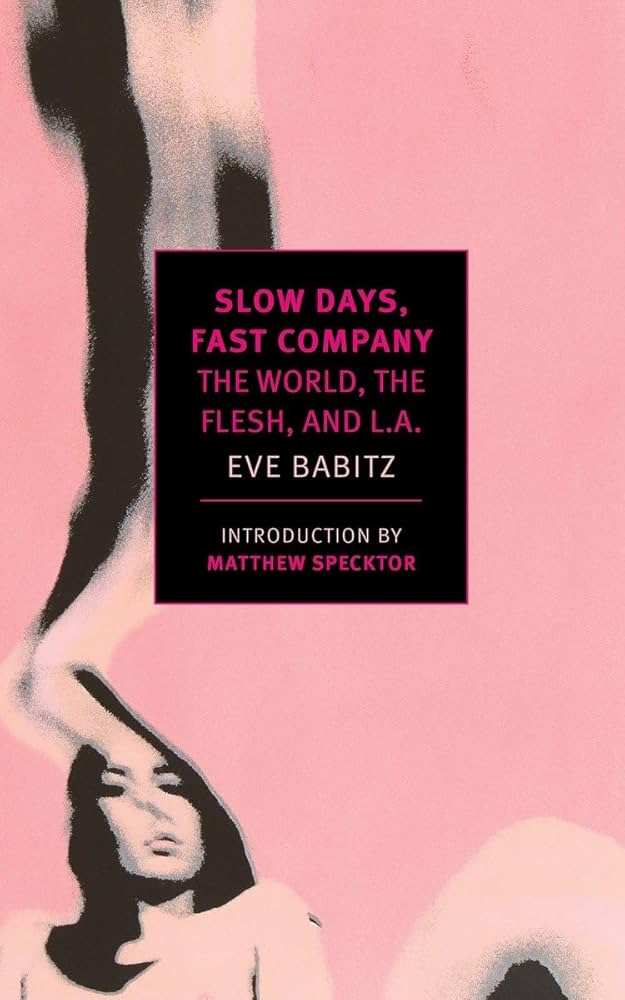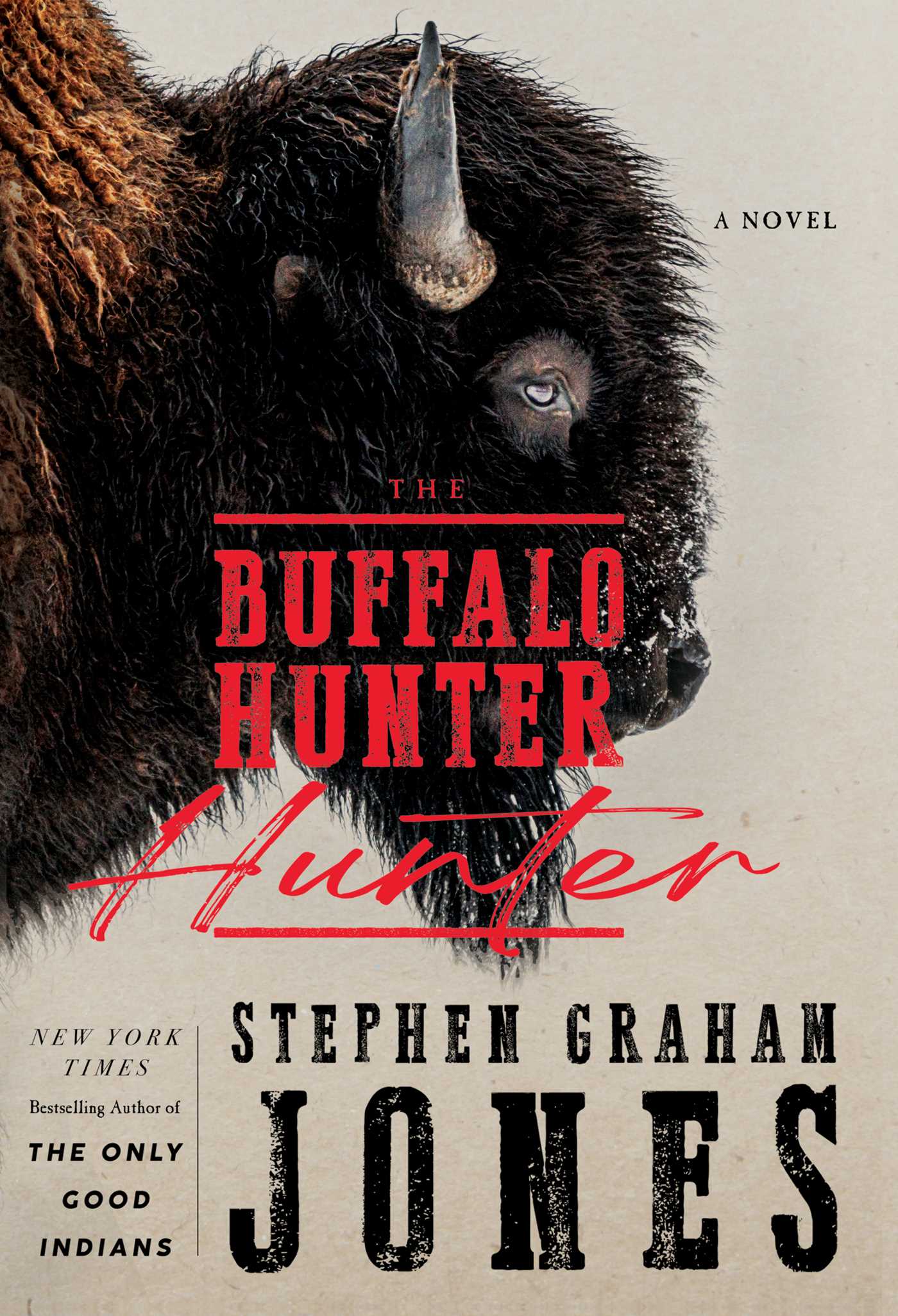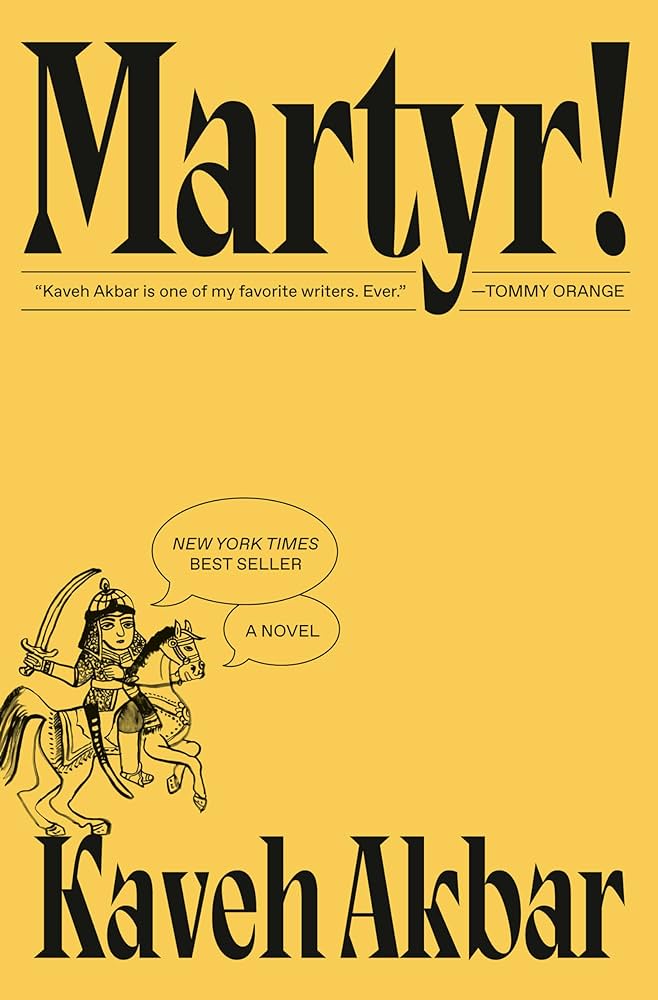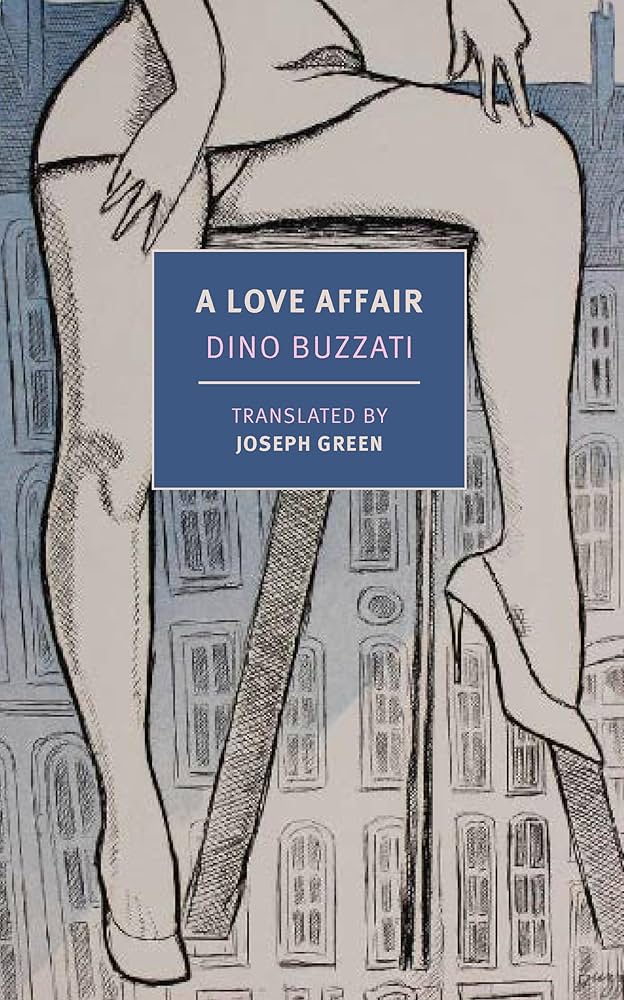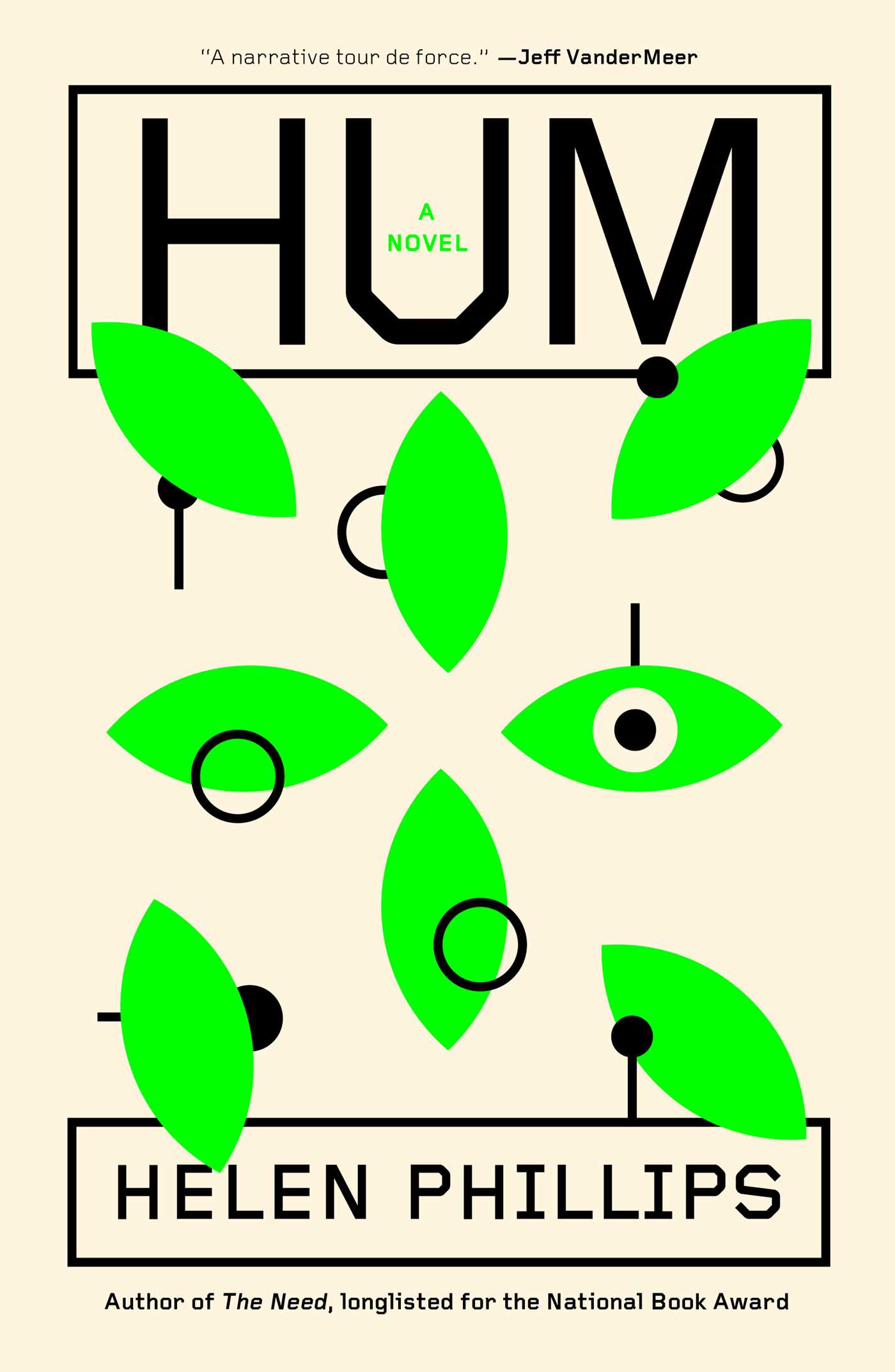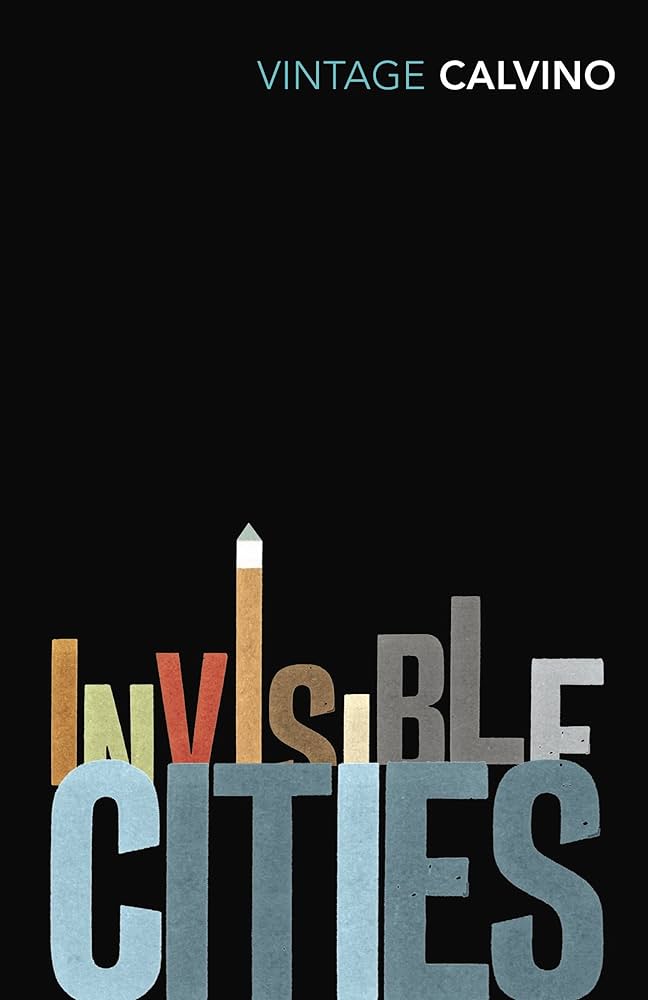The pitch on this is clever: This is the story of Jim, the escaped slave from Huckleberry Finn. He’s the narrator, and the goofiness and deep-south vernacular is a put-on to keep the white men from feeling threatened and acting violent. Huckleberry and other characters from Twain’s novel come in and out of the story.
I haven’t read Everett before, and I haven’t read Huckleberry Finn since I was a kid. It didn’t diminish my enjoyment and appreciation for this.
Garrett Biggs review in the Chicago Review of Books says it well:
Considering [Huckleberry Finn’s] endorsements and detractors alike, I could easily understand why Everett–a writer never afraid to challenge current literary orthodoxies and pretensions–would find a worthy subject in Twain’s portrayal of the enslaved Jim. What I did not expect was the extent to which this book can be read and enjoyed and written about without the slightest nod to its predecessor. (emphasis mine)
I understand that Everett takes some liberties with the original’s setting and plot, but who cares? As a stand alone adventure story, it’s fantastic. It’s easy to read, it’s incredibly intense (especially the last section). It’s funny and upsetting and full of extremely thought-provoking perspectives on American history and racism that are easy to miss without a close reading:
I had wondered every time I sneaked in there what white people would do to a slave who had learned how to read. What would they do to a slave who had taught the other slaves to read? What would they do to a slave who knew what a hypotenuse was, what irony meant, how retribution was spelled?
I understand from reading other reviews that this is typical of Everett – subtle but piercing observations in otherwise straightforward storytelling. There were scenes and moments in the book that were as critical of modern America’s relationship with race as of the time the novel is set in. I loved it and plan to seek out a lot more of Everett’s work. I’m sure I’ll read the book again in short order.


